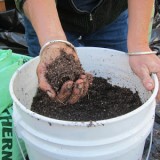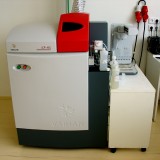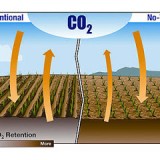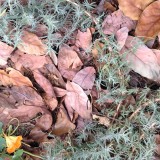I finally got around to trying out the University of Massachusetts’ soil testing service and can report that it’s fast and cheap. I tested two areas of my yard for both nutrients and heavy metals and found out, more or less, what I expected, that I need to add a small amount of nitrogen. Surprisingly, for having such an old house, I don’t have a lead problem. It costs just $9 for the basic test and $13 for the basic test + heavy metals. The order form and instructions can be found at http://www.umass.edu/plsoils/soiltest/. Why test? UMass sums it up nicely:
- to optimize crop production.
- to protect the environment from contamination by runoff and leaching of excess fertilizers.
- to aid in the diagnosis of plant culture problems.
- to improve the soil’s nutritional balance.
- to save money and conserve energy by applying only the amount of fertilizer needed.
- to identify soils contaminated with lead or other heavy metals.
The brochure they send with the results is geared towards New England soils, but beggars can’t be choosers. This test is a bargain, but I’d check first with your local extension office to see if they offer free or low cost soil testing first. Should you want the Cadillac of soil tests, vegetable gardening expert John Jeavons recommends Timberleaf Soil Testing. I’ve seen some Timberleaf reports and they are quite detailed and informative.
The cutting edge of soil testing is about the living inhabitants of the soil, all those microorganisms, fungi and other critters rather than just old “NPK.” Dr. Elaine Ingham is a pioneer in this field. She offers “Soil Foodweb” testing via her website. I’ve read some grumbling from academics about some of her ideas and her commercial endeavors, particularly related to aerated compost tea. However, soil foodweb testing makes intuitive sense to me, though I have not tried it. You can read her interesting Soil Biology Primer here, and make up your own mind. There’s also an excellent book based partially on her research, Teaming with Microbes: The Organic Gardener’s Guide to the Soil Food Web.
Thanks to Cool Tools for the tip on UMass.






I have never found a state Extension Service to be anything other than sterling in their offerings – everything from soil testing, woodlot management, pond regeneration, recipes, best varieties of veggies to plant to how to fix a broken zipper or make slipcovers.
Remember – the Extension Service is part of every state’s higher education system – specically the Land Grant college or in other words the state’s University paid for with state taxes – your money. Take advantage!!